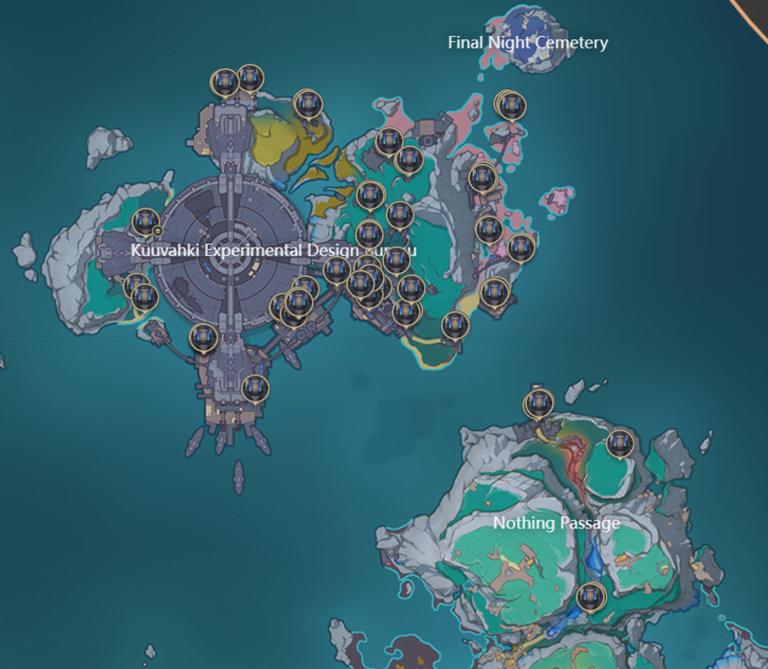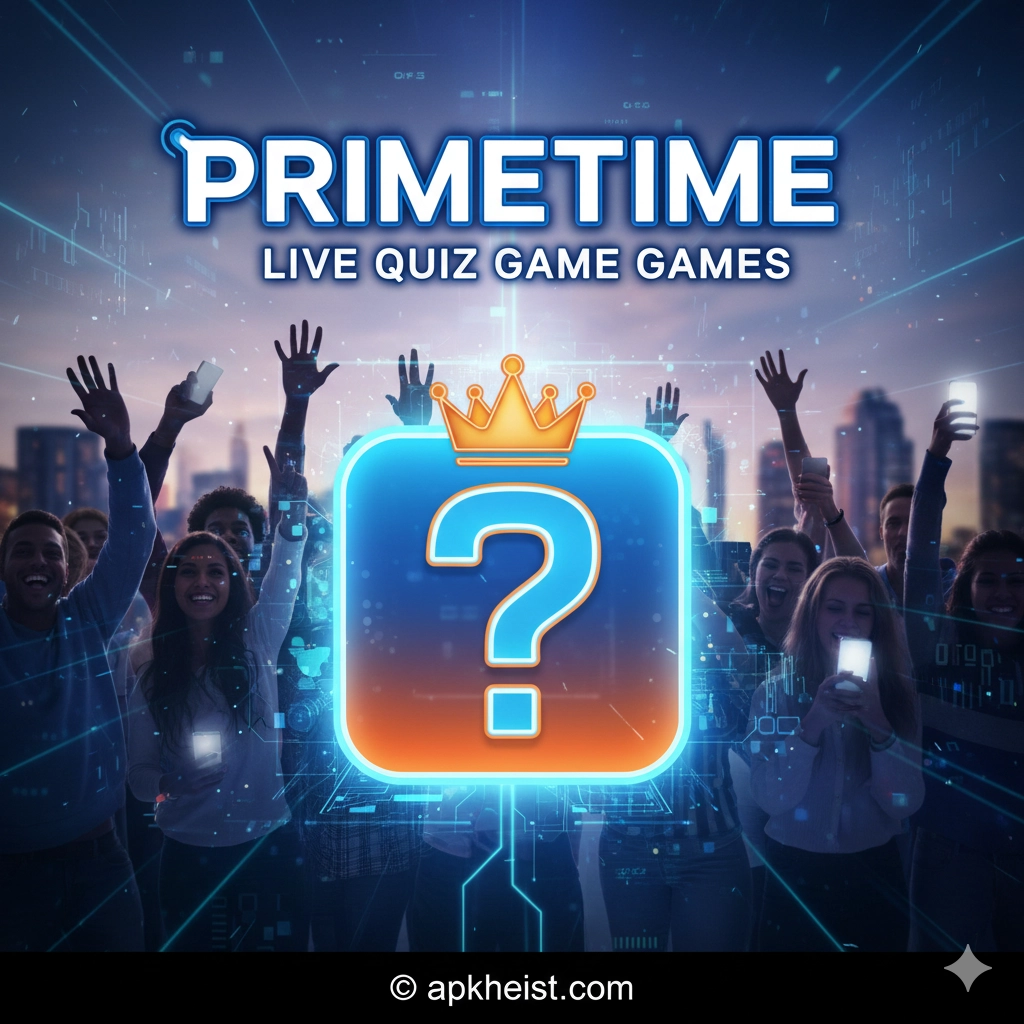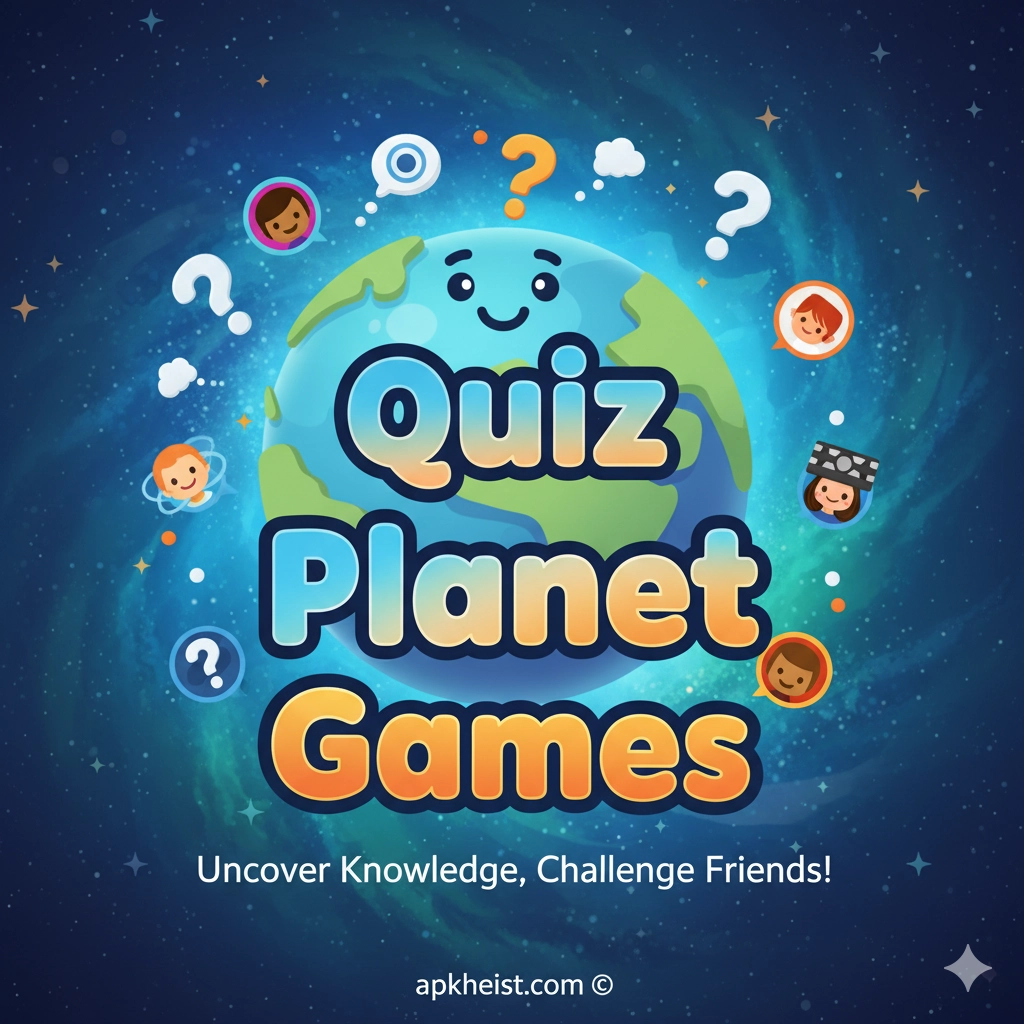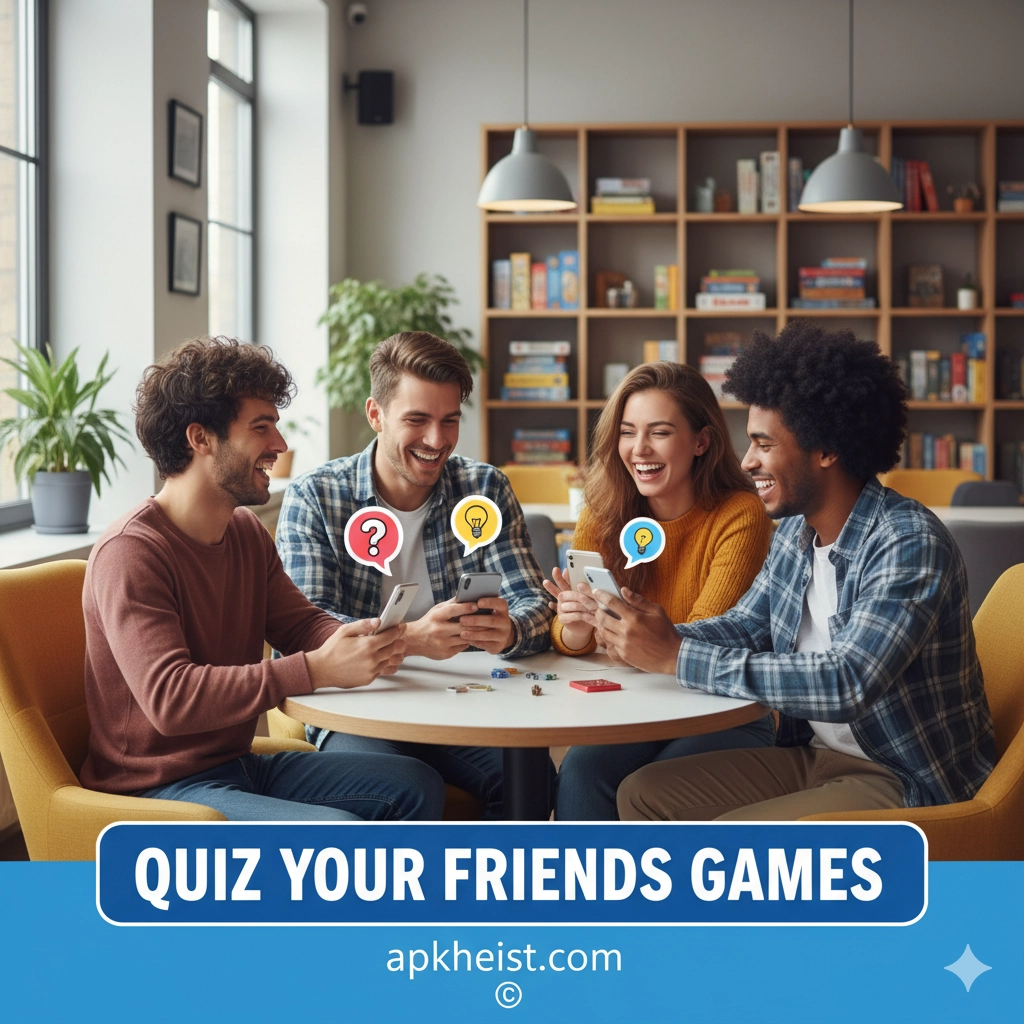Big intro: If you love wordplay, logic, and steady mental exercise, Crossword Daily: Word Puzzle GAMES delivers an approachable daily ritual. Designed for players across skill levels, the game combines bite-sized puzzles with deeper themed challenges. Whether you prefer quick five-minute crosswords or longer themed grids to stretch your mind, this article explores multiple ways to play, practice, and share the fun. Below you'll find a curated set of feature highlights and in-depth sections that explain techniques, strategies, accessibility options, community features, and ways to use the game for learning. To help you explore related content, here are some internal resources you might enjoy:
Adventure Puzzle Word Casual Trivia Educational Board
1. Daily Challenge Mode — A short description of the daily puzzle format and why routine matters.
2. Strategy & Solving Techniques — Practical tips to improve speed and accuracy, from pattern recognition to crosswordese.
3. Vocabulary & Learning Benefits — How daily puzzles expand language skills and memory retention.
4. Accessibility & Difficulty Settings — Options for new players, casual solvers, and advanced cruciverbalists.
5. Social Features & Competitions — How leaderboards, sharing, and friendly contests increase engagement.
6. Themed Puzzle Packs & Seasonal Events — Why themed grids make practice more rewarding and culturally relevant.
7. Using Crossword Daily for Education — Classroom and self-study applications for learners of all ages.
1. Daily Challenge Mode
The Daily Challenge Mode is the heartbeat of Crossword Daily: Word Puzzle GAMES. Every day a fresh grid of varying length and theme appears, inviting players to build a streak and track progress. The daily puzzle is intentionally designed to be satisfying within a modest time window—often 5 to 20 minutes—so it fits into morning routines or coffee breaks. Habit formation is powerful: completing a short puzzle daily helps maintain cognitive agility and creates a low-friction ritual. Over time the accumulation of solved puzzles reinforces pattern recognition: you begin to predict common short words, letter pairings, and clue conventions. For players who want a little more challenge, many apps include "bonus" longer puzzles released weekly; these deepen engagement without disrupting the daily rhythm.
2. Strategy & Solving Techniques
Mastering crossword solving requires both method and practice. Start with these practical techniques: first, scan the grid for short, confident fills—two- and three-letter answers (or short common words) that create anchor points for crossing answers. Next, prioritize fill-in-the-blank clues and proper nouns you can immediately verify from memory. Learn to parse clue language: question marks often indicate puns; past-tense verbs may hint at a shifted answer form. Use pattern recognition for partial fills—if you have _A_E_ for example, consider likely letter combinations and test the crossings. Keep a mental file of crossword staples (sometimes called "crosswordese")—obscure short words that recur in many puzzles; these are not vocabulary to be proud of but tools to move through grids faster. Finally, when stuck, step back and scan the theme entries (if present): many themed puzzles repeat wordplay patterns across long answers, so identifying one theme entry often unlocks others. Regular practice transforms these tactics into intuition.
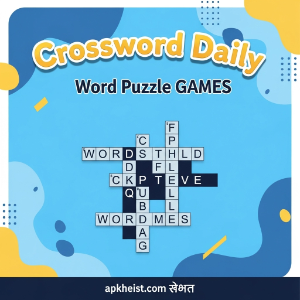
3. Vocabulary & Learning Benefits
Daily crosswords are an excellent, low-pressure method for expanding vocabulary. Unlike rote memorization, encountering words in the context of clues and crossings helps cement meaning and usage. Exposure to synonyms, antonyms, and word families improves lexical flexibility—players gradually develop a stronger sense of nuance, register, and collocation. For learners of English as a second language, crosswords offer contextual clues that teach idioms and cultural references unobtrusively. Research in adult learning suggests that spaced repetition and retrieval practice—both naturally present when you revisit similar clues and words over time—improve long-term retention. In short, Crossword Daily turns curiosity into durable language skills.
4. Accessibility & Difficulty Settings
Good puzzle platforms understand that accessibility is essential. Difficulty settings help newcomers and veteran solvers coexist: easy grids use straightforward clues and common vocabulary; medium puzzles introduce more wordplay; hard puzzles test obscure knowledge and trickier clueing. Visual accessibility matters as well—adjustable font sizes, color-contrast themes, and optional high-contrast modes ensure comfortable play for users with visual impairment. Time-limited modes, hint systems, and undo features reduce pressure for learners, while "no-hint" challenges appeal to purists. Additionally, many apps let you save partial progress, making it possible to pause and resume without losing context. A respectful design accommodates the widest audience while preserving the joy of solving.
5. Social Features & Competitions
Social mechanics keep players coming back. Crossword Daily often provides leaderboards, daily streak badges, and shareable completion screens that let players celebrate small wins. Friendly competitions—weekly tournaments or themed mini-leagues—create communal momentum and introduce accountability. Discussion forums and clue-chat features provide spaces for collaborative solving and explanation, transforming solitary play into a social ritual. For many Western users, the ability to compare progress with friends or fellow solvers replicates the camaraderie once found in print newspapers, updated for modern networks.
6. Themed Puzzle Packs & Seasonal Events
Themed puzzle packs—focusing on topics like history, pop culture, geography, or holiday traditions—make the solving experience both entertaining and educational. Seasonal events, such as a "holiday week" or a "summer trivia series," refresh content and reward returning players with varied material. Themed puzzles also support scaffolded learning: a pack centered on science vocabulary will repeatedly surface related terms, helping players internalize a domain-specific lexicon. These curated packs are especially appealing to players who prefer guided exploration over random daily grids.
7. Using Crossword Daily for Education
Teachers and self-directed learners can adapt Crossword Daily into structured study tools. In classroom settings, short daily puzzles can be warm-up activities that sharpen critical thinking and vocabulary before deeper lessons. Language teachers may assign themed puzzles that align with the current unit—literature, geography, or STEM topics—so students practice relevant terminology in a fun context. For adult learners, crossword practice complements formal study by reinforcing recall and promoting lateral thinking. Many educators report higher engagement when puzzles are used as a low-stakes, game-like supplement to more conventional instruction.
FAQ 1: How often should I play to see improvement?
Regular daily practice—even ten minutes a day—produces measurable gains. Consistency helps pattern recognition and retention; aim for a streak of several weeks to notice greater speed and confidence.
FAQ 2: Are crosswords good for language learners?
Yes. Crosswords provide contextual exposure to vocabulary and idiomatic phrases. Use easier puzzles at first, and focus on themed packs that match your current study topics to get maximal learning benefit.
FAQ 3: What if I'm stuck—should I use hints?
Hints are useful learning tools when used sparingly. Try to work through reasoning first; use a hint to unblock progress, then review why the hint fits. Overuse of hints can slow the development of solving strategies.
FAQ 4: Can crosswords improve memory or cognitive health?
Regular mentally stimulating activities, including crosswords, are associated with better cognitive resilience in older adults. While they are not a cure-all, puzzles contribute to a healthy cognitive lifestyle when paired with physical activity and social engagement.
FAQ 5: How do themed puzzles help learning?
Themed puzzles cluster vocabulary and concepts, enabling repeated retrieval practice in a single domain. This targeted exposure boosts domain-specific retention and makes learning more enjoyable.
FAQ 6: Is there a best strategy for timed competitions?
Prioritize short, high-confidence fills first; then attack longer themed answers. Manage time by moving past ambiguous clues and returning to them after the easier crossings are filled. Practicing under mild time pressure builds speed without harming accuracy.
FAQ 7: Can I use Crossword Daily with friends or in a classroom?
Absolutely. Many platforms support multiplayer modes, shared leaderboards, and printable puzzles for classroom use. Organizing friendly contests or study groups increases motivation and creates social learning opportunities.

